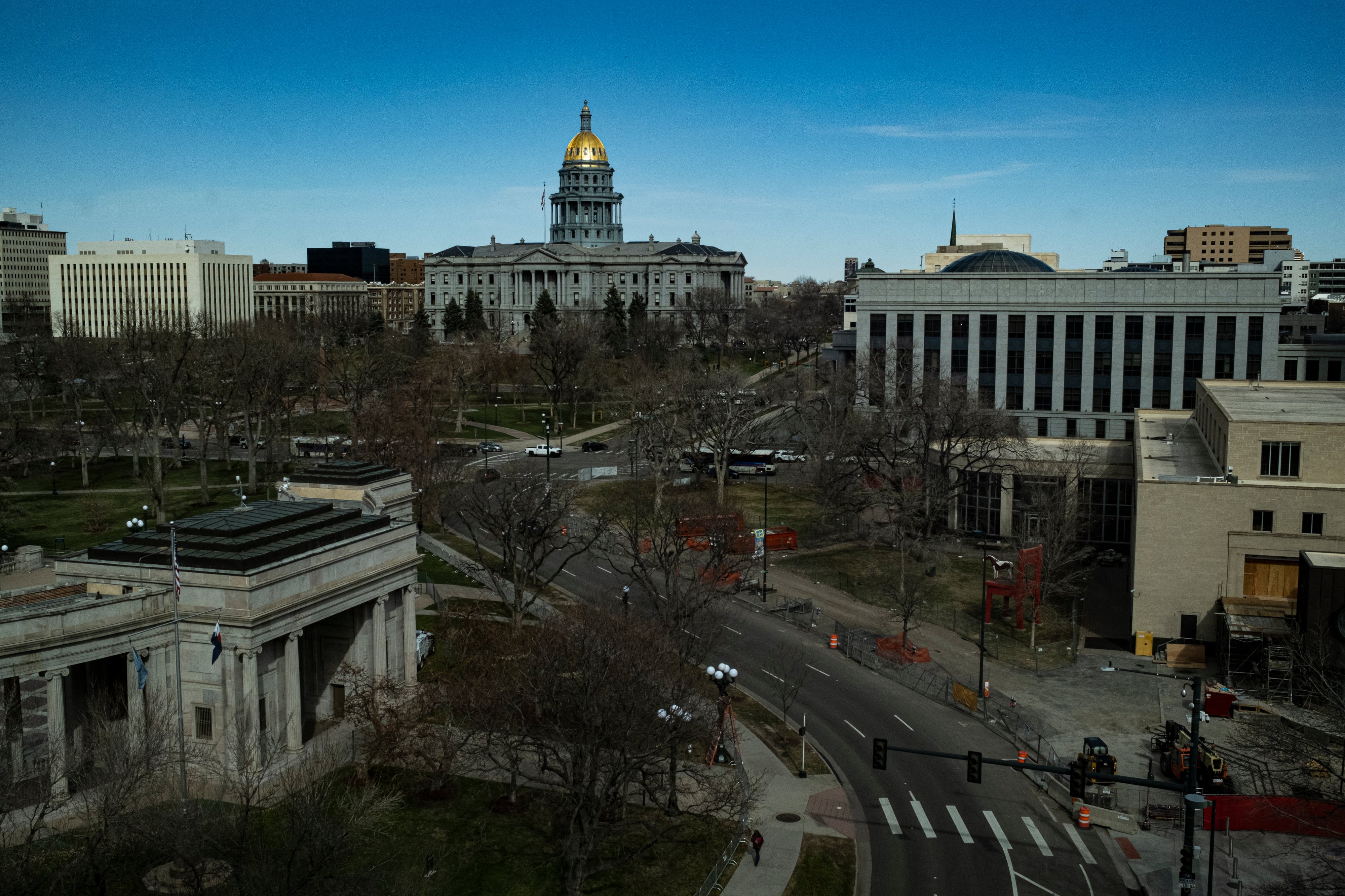Beyond High School is our free monthly newsletter covering higher education policy and practices in Colorado. Sign up to get it delivered to your inbox early.
Colorado college and university leaders’ worries about federal funding cuts might be new, but state budget woes aren’t. And next year, Colorado will face a projected $1.2 billion shortfall and lawmakers have needed to pare back spending.
Late last year, most of Colorado’s higher education leaders said in a letter they would need about $95 million more annually for their operations and student financial aid in the 2025-26 budget year. They will get far less than the request.
The state budget will send about $38.4 million more next year for school operations and student financial aid. Although schools will get less state revenue than requested, colleges and universities will be allowed to raise resident tuition by 3% and non-resident tuition by 3.5% next year.
Colleges and universities have tried to keep tuition raises low in recent years and the state has invested more money, especially because state studies have shown students here pay higher tuition and fees than the national average.
The state has financial aid resources available to in-state students, but tuition hikes and sticker shock play a factor on whether they go to college.
During a tight budget year, lawmakers have said they did their best to still prioritize higher education. But I am curious if the state’s cost of college will further impact how students view the value of higher education here.
Higher ed stories from Chalkbeat
Colorado’s $43.9 billion budget increases K-12 and higher education funding, but officials say it falls short — The $39 million in the budget for colleges and universities and student financial aid is far less than requested, but schools have more authority to increase tuition.
Citizenship classes canceled at Community College of Aurora after Trump administration ends grant — The Community College of Aurora will no longer offer citizenship classes after the U.S. Department of Homeland Security terminated a grant that funded the program.
Colorado will bring NYC community college support program to two state rural campuses — Two rural Colorado community colleges will bring a highly-regarded New York City student support program to their campuses.
DPS school will be able to grant its own college degree — Although Colorado students already have the ability to gain a college degree while in high school, districts and the DPS technical college haven’t granted those associate degrees.
A Colorado student group inspired these 7 state laws. Now it stands to lose that power — Since 2019, student ideas have inspired more than a dozen bills.
Colorado bill seeks to protect student records and limit immigration enforcement on school grounds — The bill is a response to the Trump administration’s hard-line stance on immigration that has led to an uptick in raids, deportations, and the revocation of college student visas.
What we’re reading
Number of Colorado student visas revoked by Trump administration more than doubles The Denver Post
‘We’re preparing them for jobs that don’t even exist yet’ – New Fort Lewis president on opportunities, Indigenous heritage and first-gen students Colorado Public Radio
Americans without a degree still believe in the value of college, a new poll says NPR
The end of ‘college for all’ Vox
Tracking Trump’s actions on student visas Chronicle of Higher Education
Jason Gonzales is a reporter covering higher education and the Colorado legislature. Chalkbeat Colorado partners with Open Campus on higher education coverage. Contact Jason at jgonzales@chalkbeat.org.






